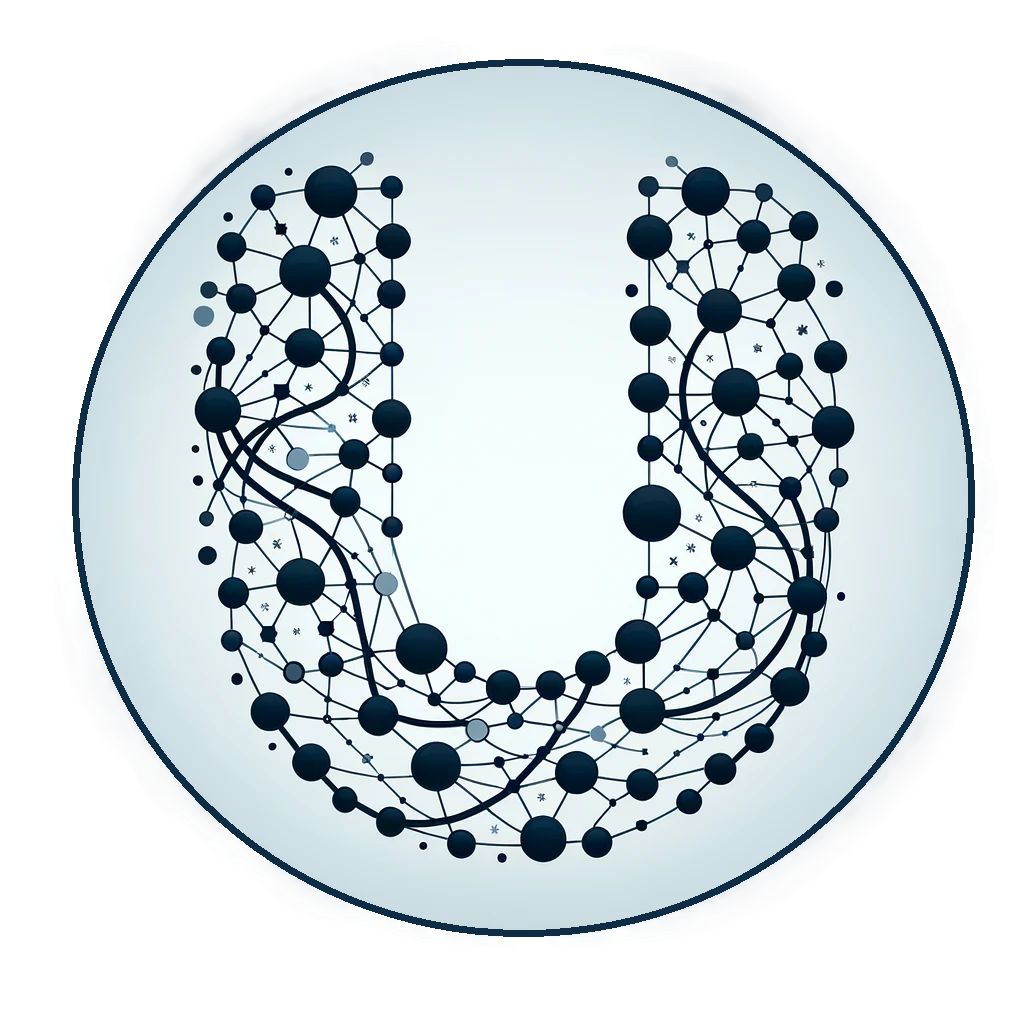In the vivid tapestry of technological advancement, Artificial Intelligence (AI) stands out as a dynamic and transformative thread. As we traverse through the heart of 2025, AI continues to inspire a blend of curiosity, excitement, and inquiry. It is a field characterized by both breathtaking acceleration in capabilities and profound ethical challenges.
This year, AI is not merely a tool; it’s an active collaborator, reshaping industries and redefining the contours of innovation. In healthcare, AI systems offer unprecedented diagnostic precision, harmonizing with human expertise to enhance patient care. Meanwhile, in transportation, autonomous vehicles glide towards reality, fueled by complex algorithms that mimic human decision-making.
Yet, the marvel of AI goes beyond its functional prowess. It’s in the nuanced dance of pattern recognition, learning, and adaptation where AI truly dazzles. Every algorithm developed, every neural network trained, represents a step closer to understanding not just how computers think, but how they can augment our everyday lives.
But with great power comes great responsibility. As AI becomes more entwined with our social and economic fabric, questions surrounding ethics and accountability loom large. How do we ensure fairness and transparency in AI-driven decisions? How do we safeguard against biases embedded in datasets?
The answers are intricate, requiring collective wisdom and global collaboration. Together, we are tasked with weaving AI into a force for good, aligning its trajectory with the values of humanity. It’s a journey as exhilarating as it is essential, where each advance brings us closer to unlocking the full potential of intelligence—artificial and human alike.
AI today is a testament to human ingenuity, a narrative still unfolding. As technology continues to progress, so too does our opportunity to redefine what’s possible in the astonishing realm of artificial intelligence.
